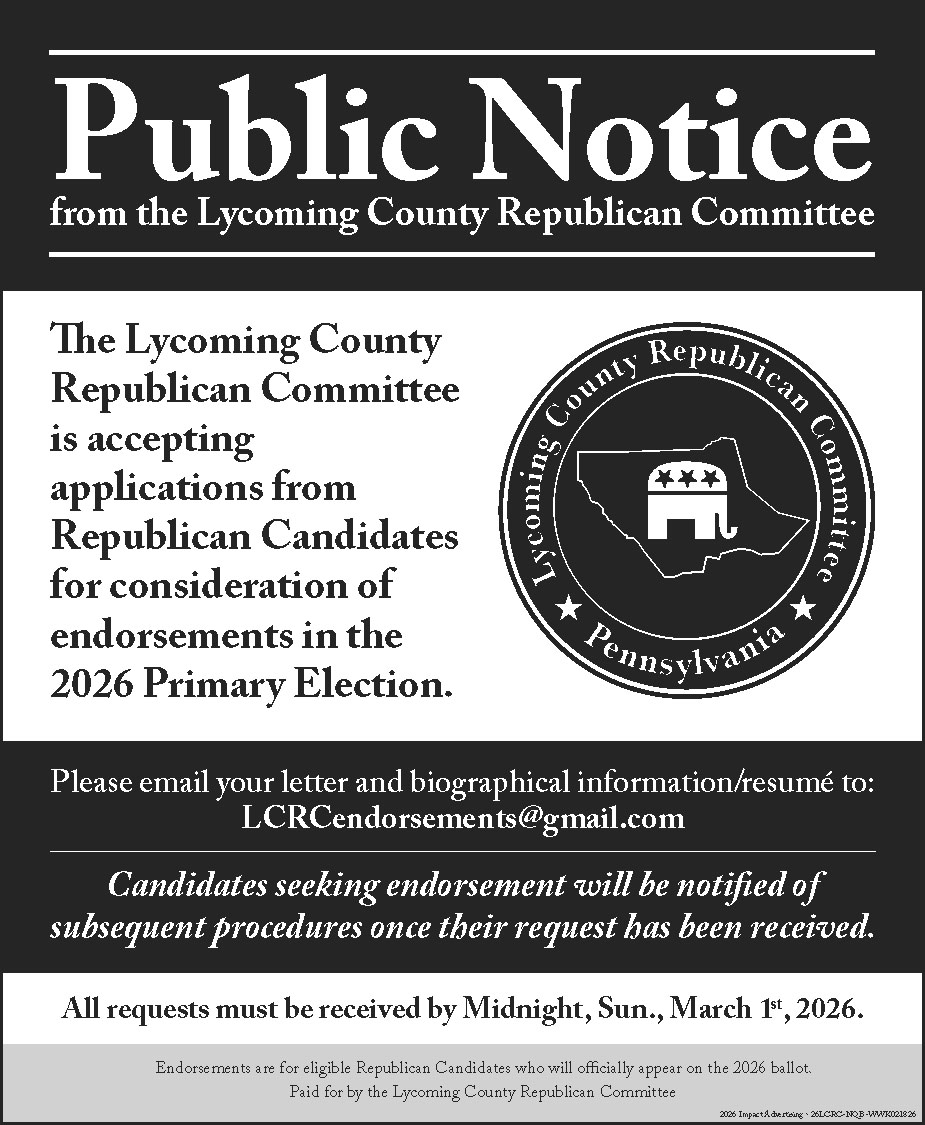Since the beginning, 2020 has been an interesting year, with so many impactful events and powerful decisions being made, people’s lives have been changed this year. Though one thing that was not unexpected, that is to happen this year, is the 2020 election. Politics has always been a discussion of controversy, leaving nobody entirely satisfied. One thing that can’t be denied is that some groups receive more representation than others in the previous elections. One group that has played a much smaller role than maybe it should is the group of young voters.
Elections do not only affect one group of people; they affect everyone. This brings up the discussion of why everyone who is eligible should vote.
The age in which one can vote in the United States is 18 years old, the age in which one is a legal adult. Thus, the voter population falls between people 18 up and through 80+ years of age, all of which are affected directly by the government and its officials. Though a large issue found is the small percentage of voters in the younger end of that spectrum. With the “youth vote” falling onto those between 18 and 24 years of age, of these eligible voters, only a small fraction of them vote, leaving a huge underrepresentation of this demographic.
This is a cause for issues because many policies do directly affect this population, specifically those on education issues and the juvenile justice system.
Though it is not simply the laziness or lack of care of the youth that causes this lack of participation, many variables come into play.
Young people are not communicated with at the level that older demographics are. Candidates, as well as those in charge of their campaign, know that the turnout of youth voters is not as reliable as those older than them, so in turn, most campaigns turn only to these more reliable groups. This poses the issue that if politics are not aimed towards youth, why get involved? The cycle of neglect has, in turn, discouraged many young voters even more.
Those between the ages of 18 and 24 also face residency issues as many move to college or change residency multiple times within a short period of time. This separates them more from local issues and decisions significant to their areas. They feel little obligation to be involved in their communities when they are changing from residence to residence.
What many officials don’t see is the different view that young voters have on politics and how they can make a difference in the 2020 election.
If young people were to vote at the same proportion as older citizens, the American government would most likely face many changes. Younger people make up a large portion of the United States population. However, many of the issues handled in government are directed towards those much older than the average age, which is because of their higher voter representation.
Millennials and GenZers grew up in an entirely different time than those of older generations. Having seen terrorist attacks, economic crashes, global pandemics, divided politics, and much more from the perspective of one only entering adulthood and new careers. These generations have seen a different side of politics and may have entirely different views on what should be on the political agenda. America is evolving, and so are its politics.
Most of the representation in politics is of 60 years old or more; therefore, they have little understanding of what the youth vote finds important or even where many of their political views lie.
As well, many doubt the youth in their participation in civic activities. The doubt put onto youth to vote discourages the demographic even from voting, though many do wish to play a role in politics. Returning to the subject of political neglect and how campaigning ignores a large number of people who wish to voice their views, many youths do wish to be involved. If officials were to turn their heads and see what many young people are doing to get involved, they might notice that the young voters are capable of being more reliable to vote than they may have thought.
Many organizations work towards doing just that, in getting younger populations involved in politics and elections. Organizations are making it even easier to get young people registered and interested in doing their civic duty and understanding that they can affect government policies by being involved.
Now more than ever, efforts should be made to turn focus to this group of citizens and understanding that they have a voice in government issues. The year 2020 has been unique so far, and the 2020 election will be no different.
Efforts to drive young people to vote should continue, such as the voter locations closer to college campuses where many of these youth may reside, as well as the encouragement to push young people to register to vote, rather than the discouragement.
The United States is a country with many attributes embedded in tradition. However, with many arising issues and movements for change, government should expect to change as well, with a generation of motivated people looking to better the country rather than simply continue it.
By Gabrielle Bellomo




Leave a Comment
Your email address will not be published. Required fields are marked with *